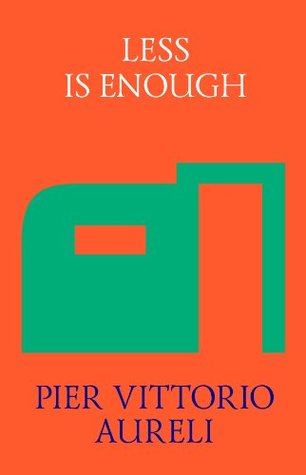And yet those who embraced monastic life also did so as a way of refusing the integration of the Christian faith within the institutions of power. The origins of monasticism in the West coincide with the recognition of the Catholic Church by the Roman Emperor Constantine and the beginning of a political and cultural alliance between Church and State. Although this alliance gave the Church immense power, it also eroded its ‘underground’ identity, which was crucial for its proselytism.13 For many Christians, the institutionalisation of the Church put it on a path of fatal compromise and decline.
And yet those who embraced monastic life also did so as a way of refusing the integration of the Christian faith within the institutions of power. The origins of monasticism in the West coincide with the recognition of the Catholic Church by the Roman Emperor Constantine and the beginning of a political and cultural alliance between Church and State. Although this alliance gave the Church immense power, it also eroded its ‘underground’ identity, which was crucial for its proselytism.13 For many Christians, the institutionalisation of the Church put it on a path of fatal compromise and decline. Rejecting the new position of ecclesiastical power, the early monks not only chose a life of ascetic solitude (in fact the word monk comes from the Greek monos, alone), they also decided to live outside the law and the rights that defined social life. Monastic life began in the deserts of Syria and Egypt, places that gave the early hermits a cultural tabula rasa where they could start again from scratch.14 From the outset, monasticism manifested itself as an inevitable and radical critique of power, not by fighting against it, but by leaving it: the form of life of the monk was to be homeless, to be foreign, to refuse any role within society.15 While the Church, after its absorption into the apparatuses of state power, was at pains to give itself a strict institutional order, early monasticism manifested itself as the refusal of any institution and as a desire to live an ascetic life...
...more
This highlight has been truncated due to consecutive passage length restrictions.


